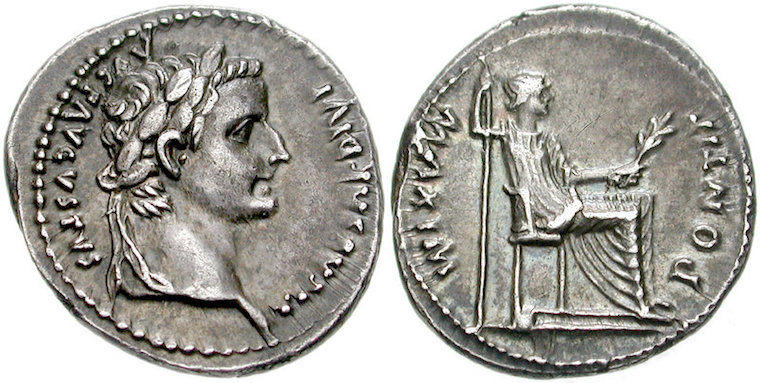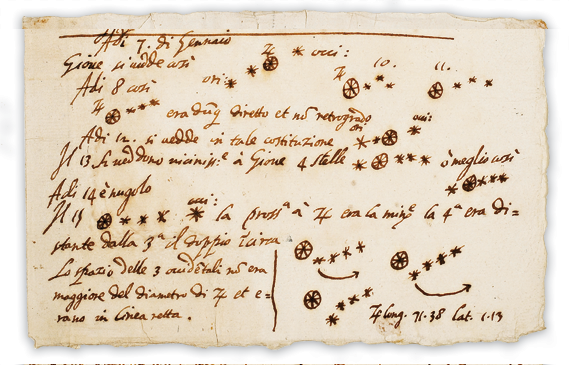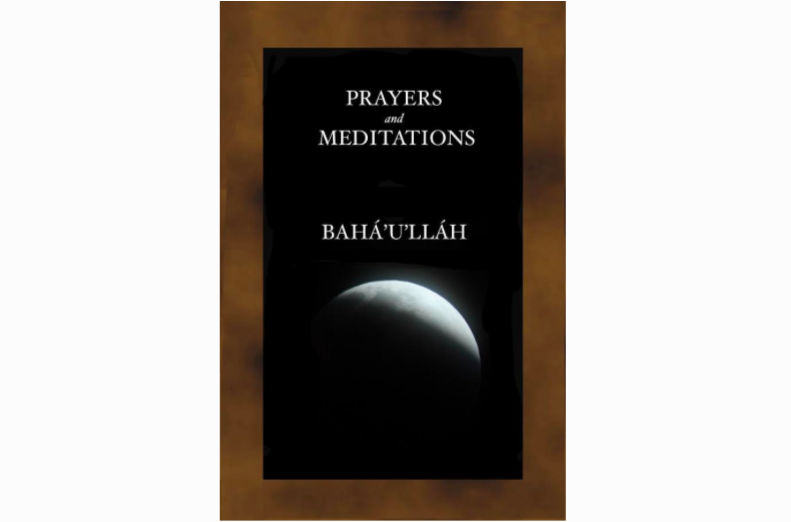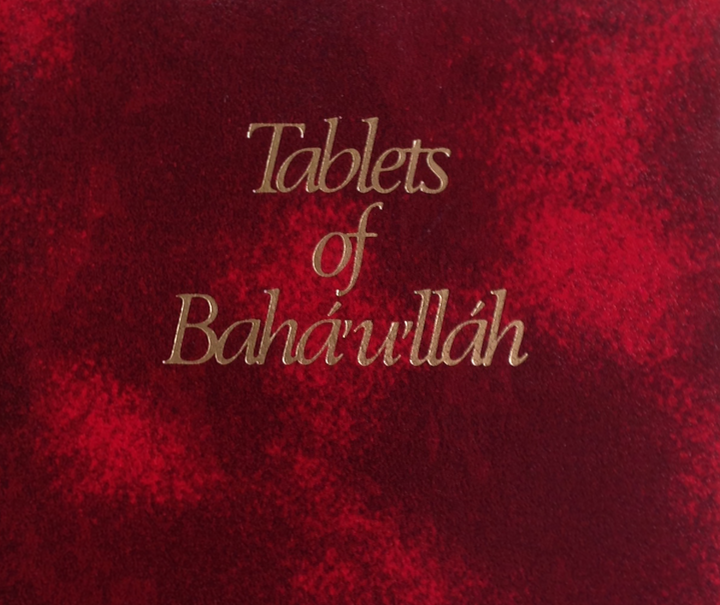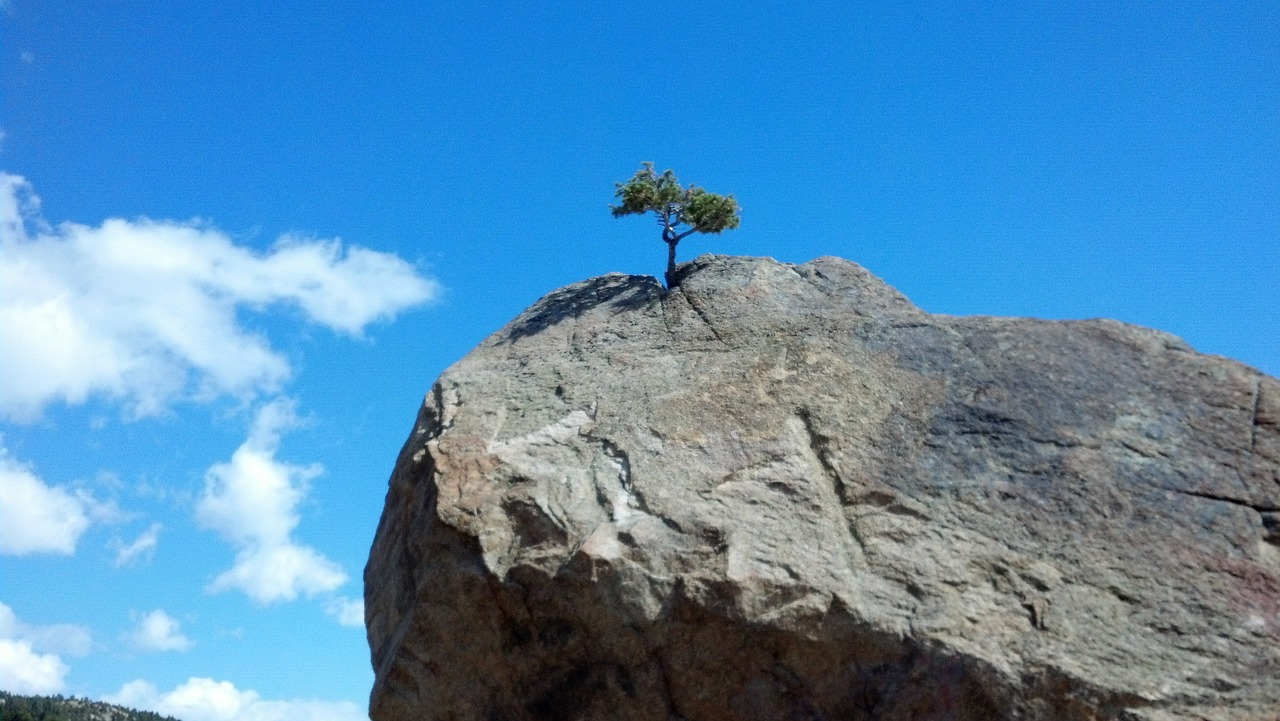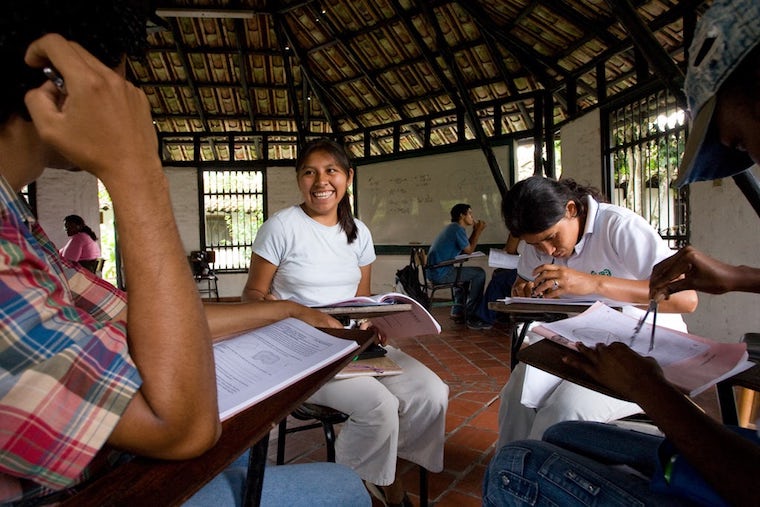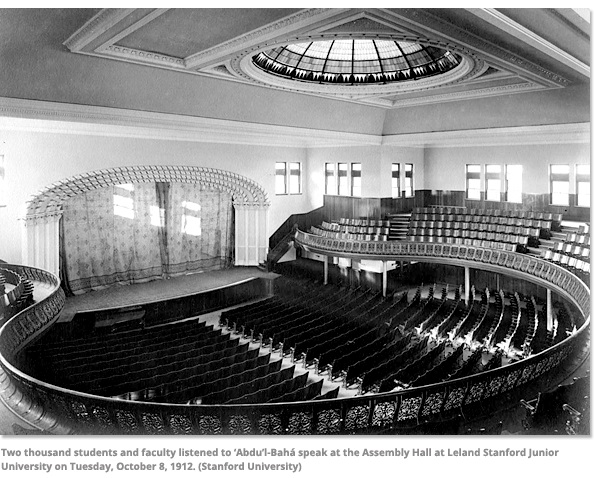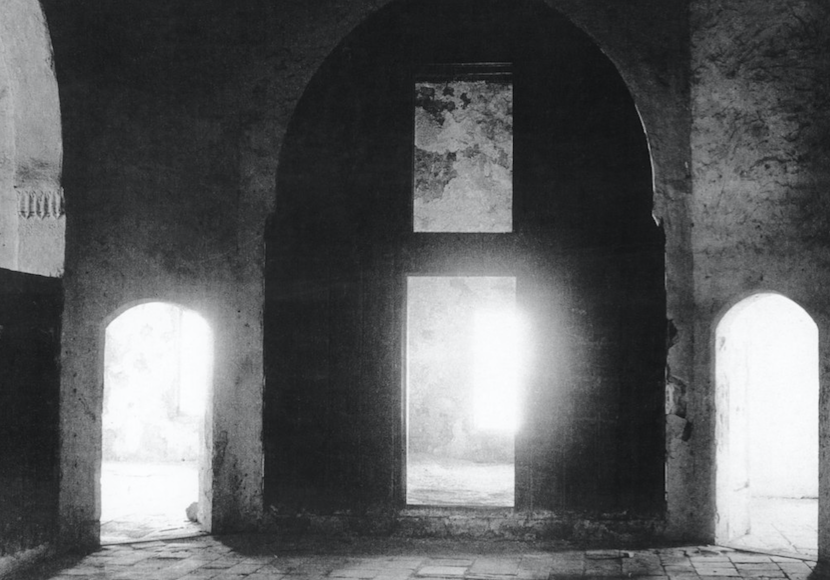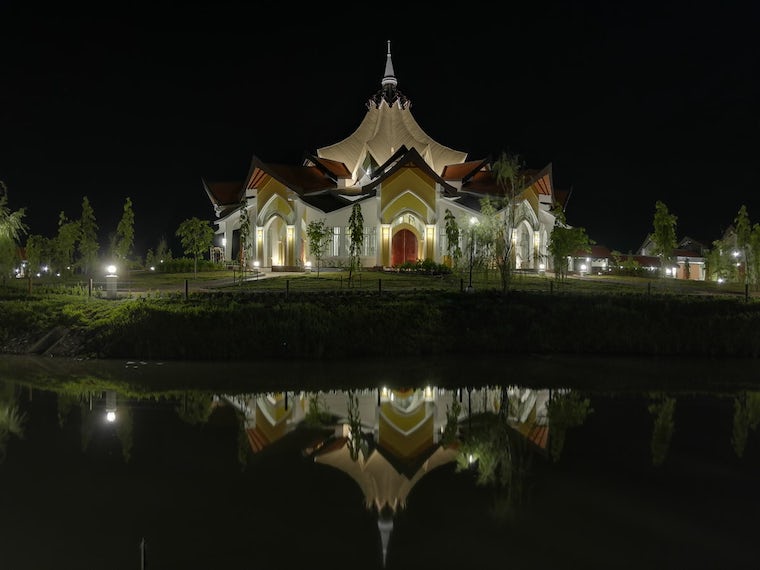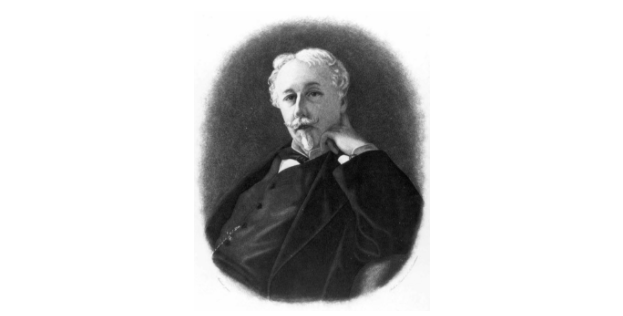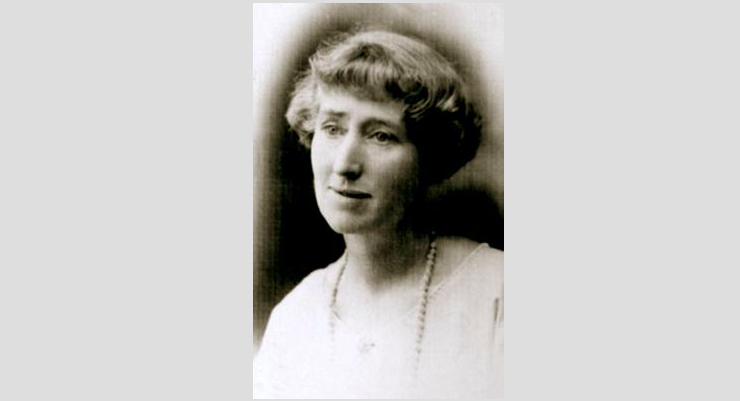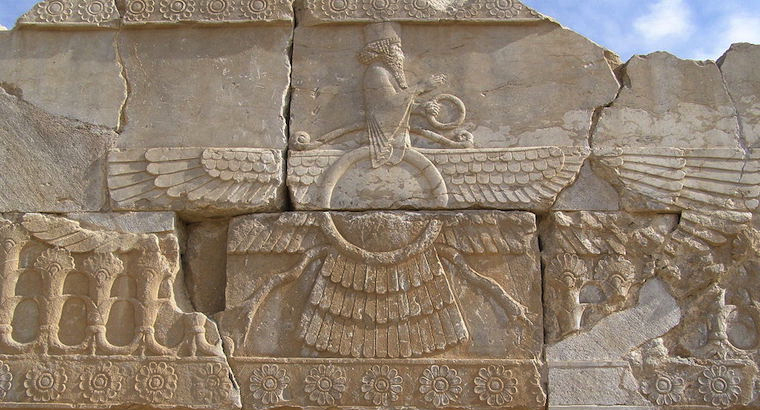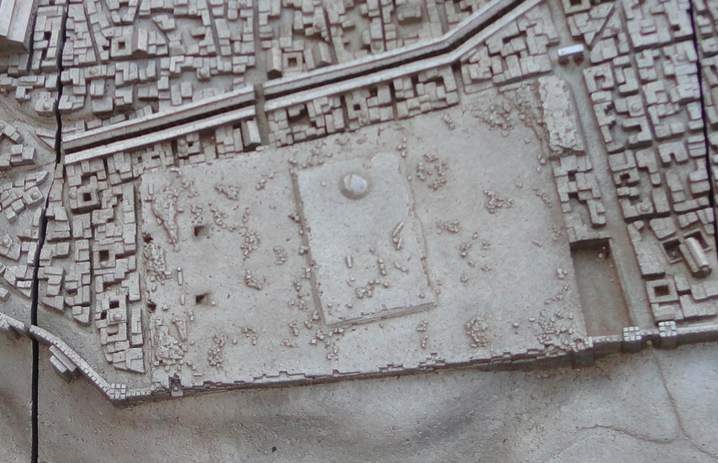200th anniversary articles
-
Manifestation of God and the Relativity of Religious Truth
In this series of articles the term “messengers” or “prophet” is generally the one used when referring to figures such as Bahá’u’lláh, Buddha, Jesus or Muhammad. Yet such terms are inadequate, as the previous article, on the Word of God, illustrated. The exact nature of the prophetic figure has indeed been a point of disagreement within and between religions. As we might expect, given Bahá’u’lláh’s focus on unity, Bahá’u’lláh introduces ideas that open a pathway for overcoming differences around this question. It is essential to be able to be able to develop a common language that bridges the theological differences between religion. As we saw, the Kitab-i-Iqan (Bahá’u’lláh’s Book of…
-
Render unto Caesar …
The phrase is famous and the story well-known. When the religious scholars of his day were seeking to entrap Jesus they asked him whether it was lawful to pay tax to the Emperor. Jesus asked them to bring him a coin. They showed him a denarius and he asked them “Whose image is on the coin”. They replied, “Caesar’s” Then he said to them: “Render therefore unto Caesar the things which are Caesar’s; and unto God the things that are God’s.” In Christianity, the phrase has come to be seen as a principle for ordering the relationship between civil government and religion, although as Christ spoke in allegorical terms –…
-
The Kitab-i-Aqdas: A New Paradigm
The term “paradigm” is used in a way now familiar in everyday speech – such as in the phrase “a new paradigm” or “paradigm shift”. But this kind of usage has a particular and recent origin. It comes from a philosopher of science whose name was Thomas Kuhn. In the late 20th century, this philosopher undertook a systematic study of the history of science and it how progresses. What he persuasively showed was that science from time to time undergoes “scientific revolutions” — it enters a new paradigm or undergoes a paradigm shift. Such revolutions arise when an existing scientific paradigm encounters more and more unanswered questions that it is…
-
The Kitab-i-Aqdas: A Spiritual Life
In previous articles, we have considered what we mean by law, and we have looked at the process of law reform in the context of Bahá’u’lláh’s mission. When Bahá’u’lláh and his family and followers were initially brought to Akka they had been confined in the citadel of Akka. After two years and two months and 5 days, the citadel being needed to house soldiers, Bahá’u’lláh and his followers were moved elsewhere in the city. After several more moves, Bahá’u’lláh and his family were housed in the House of Udi Khammar. The Kitab-i-Aqdas was written in the House of Udi Khammar in 1873. Although much of the Kitab-i-Aqdas is concerned with…
-
Bahá’u’lláh as Law Reformer
Bahá’u’lláh’s teachings, like the teachings of all prophets, arise in a particular time and place in history. The language used is conditioned by the language which that time and place can hear. Jesus is believed to have spoken Aramaic (a common language of his time and place). His teachings speak to the realities of the people around him – whose daily lives were mediated through Judaic custom, law and teachings. Jesus necessarily spoke in a language connected with those realities — for otherwise it would have been impossible for the people to understand him at all. Nevertheless, we see that although the symbols used are particular to time and place —…
-
What is Law?
Bahá’u’lláh’s purpose throughout his mission was to promote the oneness of humankind but, he notes, that “At one time We spoke in the language of the lawgiver; at another in that of the truth-seeker and the mystic.“[1] If “law” is interchangeable with “mystic truth” it begs the question: what is law? It’s a question that has engaged legal philosophers for centuries – and prominent among their theories is that laws are “commands” – they are “rules” that we have to obey. But, it quickly gets complicated. As legal scholars ask – why can we say that the commands of the head of a criminal gang are not “law” but the…
-
A New Temple Rises in the East: The First Local House of Worship Battambang Cambodia
Yesterday marked a milestone – the official dedication in Battambang Cambodia of the first local House of Worship in the world designated as such. The building has been constructed to translate into reality Bahá’u’lláh’s call in his book of laws, the Kitab-i-Aqdas: O people of the world! Build ye houses of worship throughout the lands in the name of Him Who is the Lord of all religions.[1] Bahá’u’lláh’s word indicate the universality of the concept. Such Houses of Worship are open to every human being and the words of all sacred scriptures are read in them. The lead set by the people of Battambang is itself an indication of universality. Battambang was…
-
Gender and the Divine World
In Bahá’u’lláh’s teachings, God has no gender. Indeed, to think of God in anthropomorphic terms (as a kind of “super human”) is entirely imaginary. To every discerning and illuminated heart it is evident that God, the unknowable Essence, the Divine Being, is immensely exalted beyond every human attribute, such as corporeal existence, ascent and descent, egress and regress. …[1] However, the topic presents us with complexities. First, we have to pause to clarify our thinking about what we mean by “gender”. Gender has layered biological and cultural aspects and it is easy to mix them up. Aspects of gender such as “pink” and “blue” for example are recent – and purely cultural inventions,…
-
Bridging East and West – Bahá’u’lláh’s Dialogue with a Zoroastrian Leader
Zoroastrianism is one of the world’s most ancient faiths. One of its leaders wrote to Bahá’u’lláh. His reply was an exploration of the oneness of religion and the needs of today. Although not well-known in the English speaking world, beyond the fact of its existence, it was once the faith of a great civilization that stretched from Central Asia to Greece. It comes from the same part of the world in which Bahá’u’lláh was born and there was in his day, and still today a Zoroastrian community in Iran. When visiting America, Abdu’l Baha would sometimes comment on the effects of Bahá’u’lláh’s teachings. Communities which had kept apart for hundreds of…




